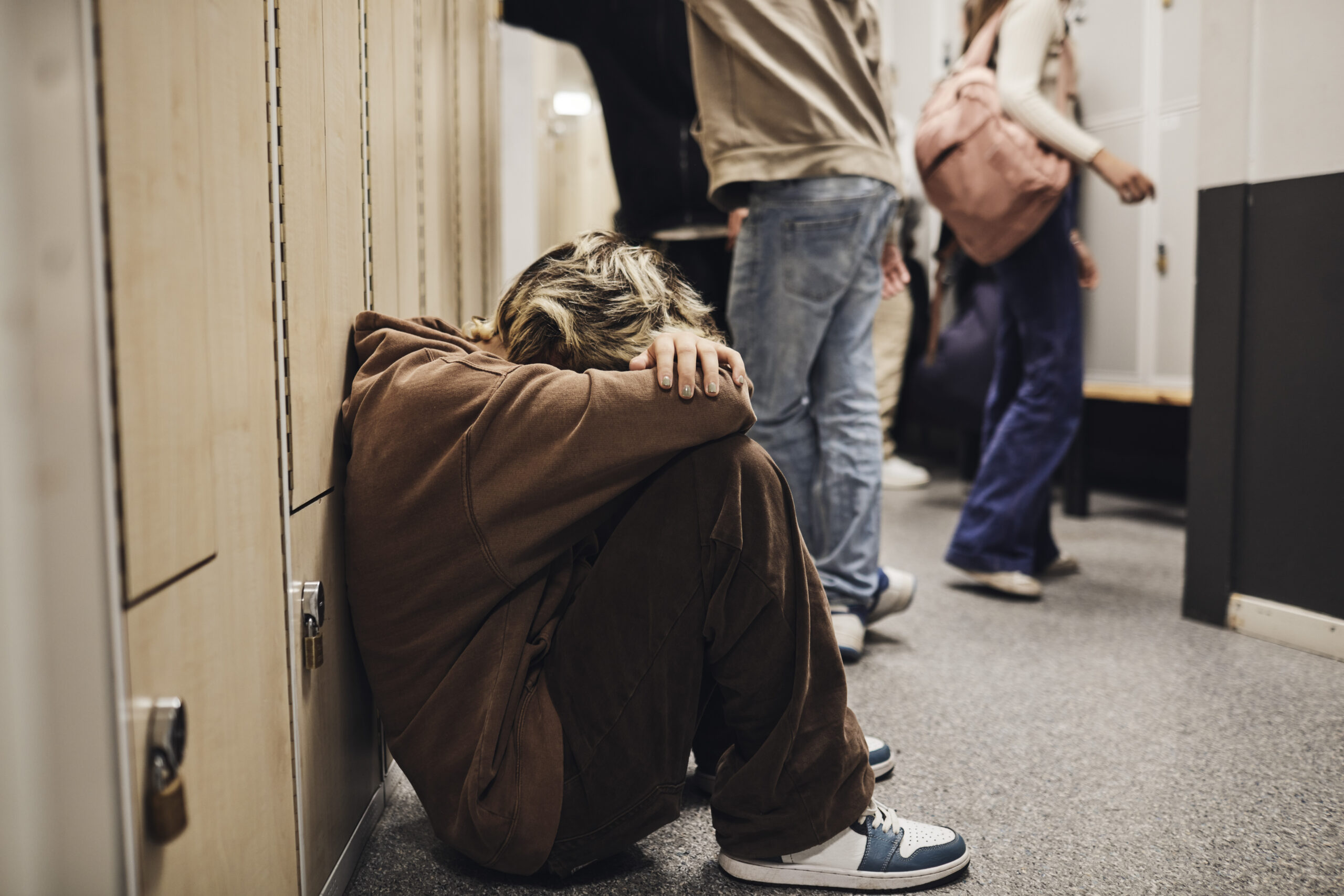
When Insurance Says No, Children Pay the Price
A new California bill aims to rein in mental health coverage denials that leave kids without care.
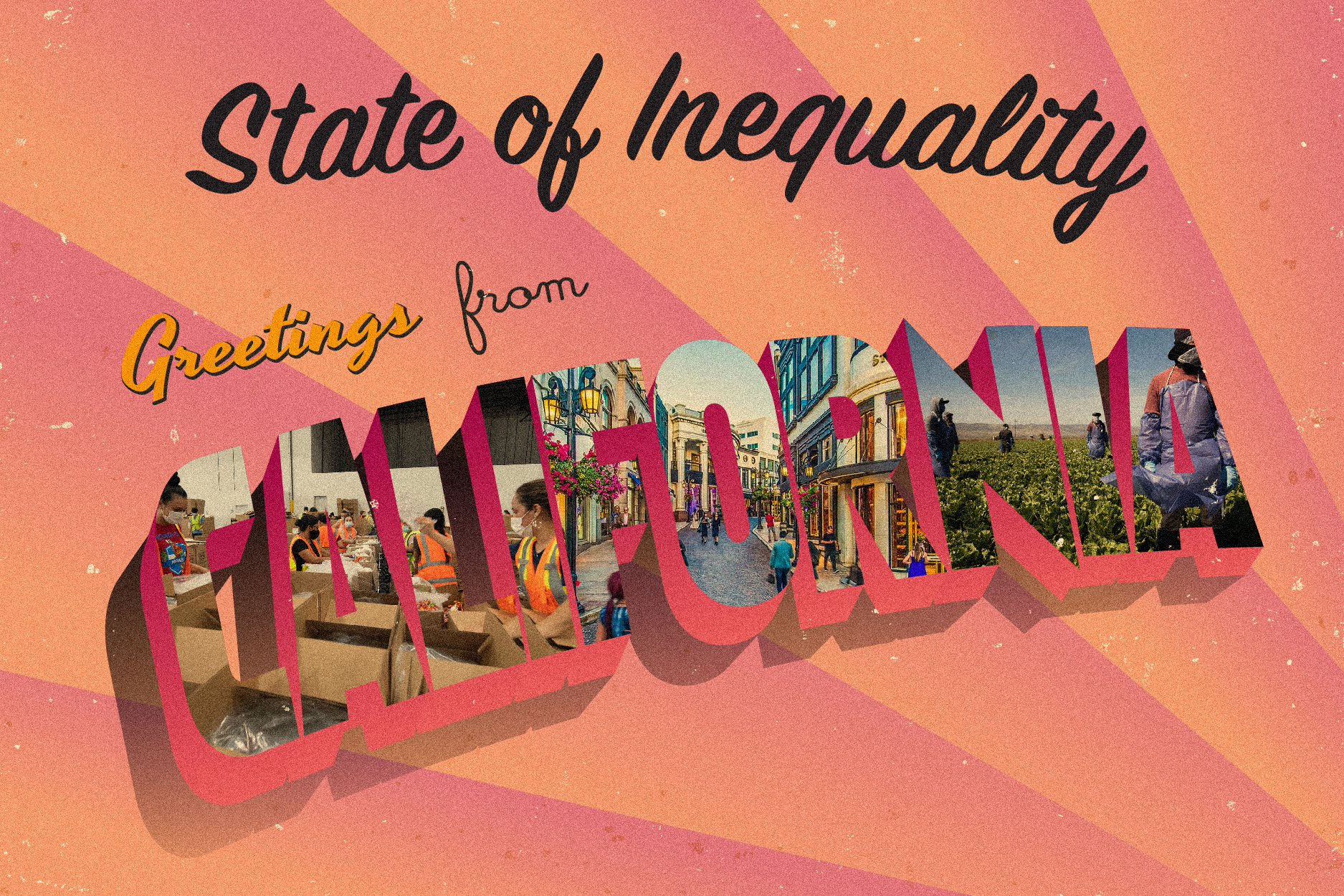

A new California bill aims to rein in mental health coverage denials that leave kids without care.

Experts are watching whether state protections can help shield immigrants from Trump’s crackdown and survive legal challenges.

Financial inequality, homelessness and the highest unemployment in the nation — for all its riches, California still has some big problems for lawmakers to address in 2026.
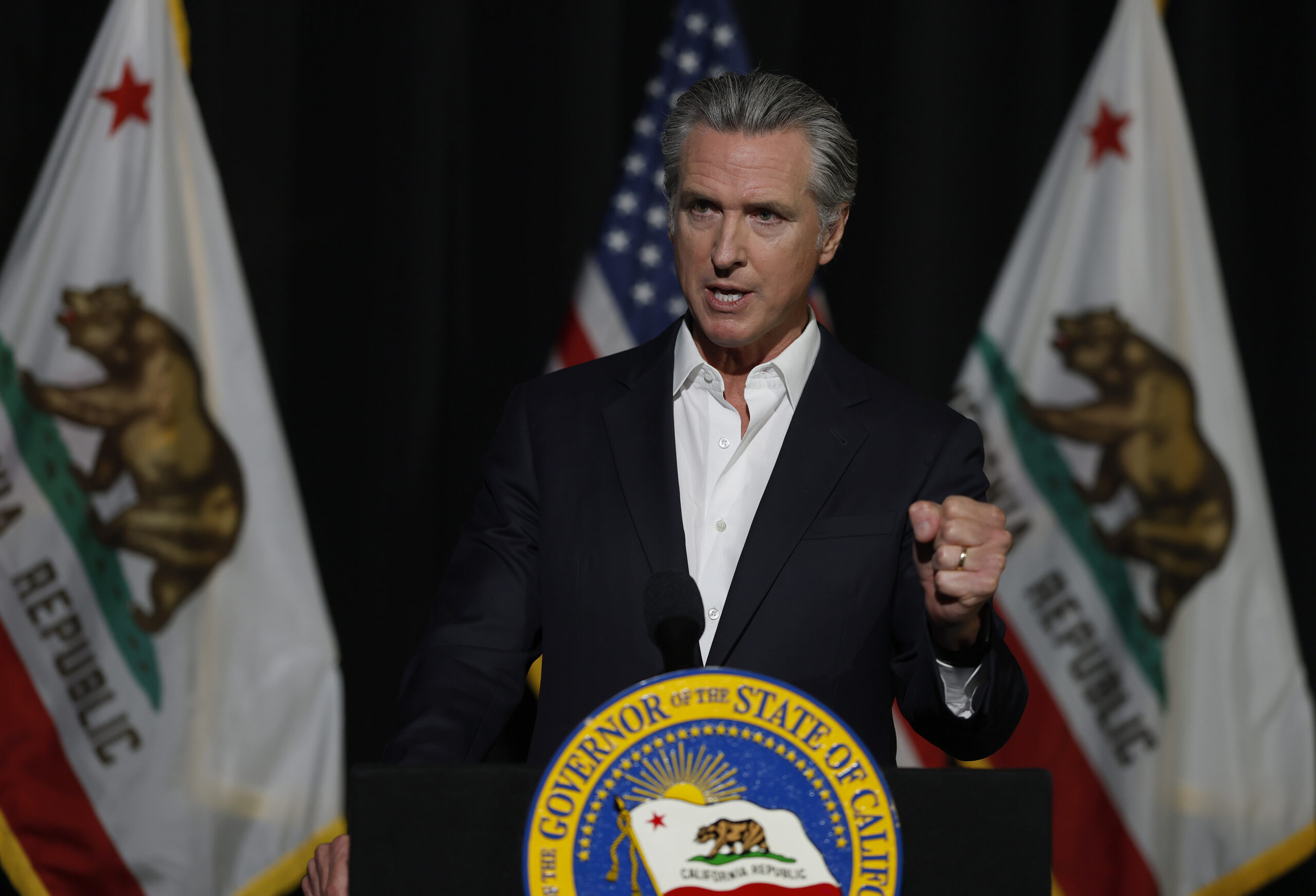
As he heads into his final year in Sacramento — and mulls a presidential campaign — some in the Golden State have gained access to more care, others not so much.
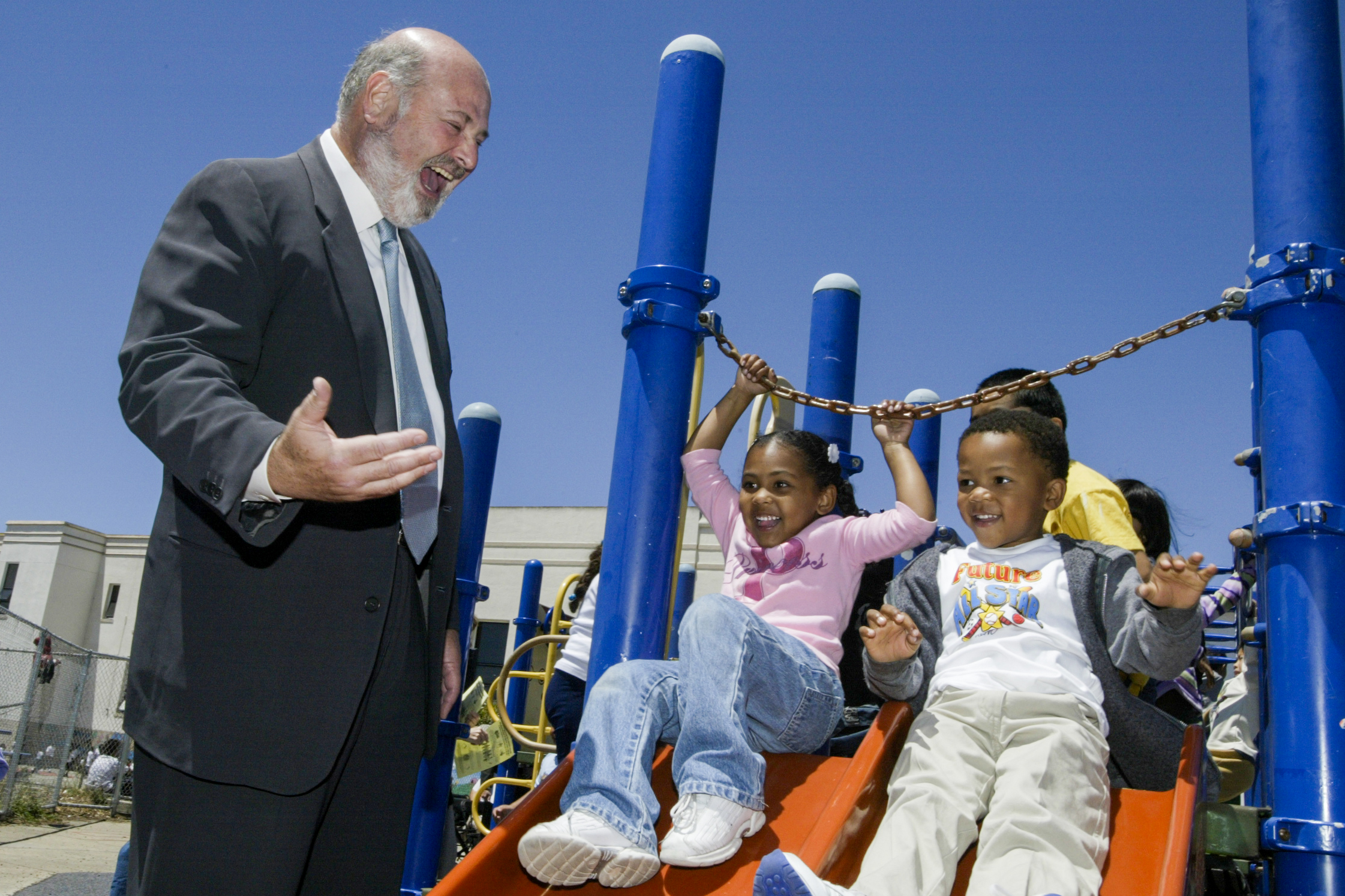
The actor-director-producer’s legacy includes succeeding in passing a tax on tobacco products to bolster early childhood development in California.

San Jose is delivering low-cost tiny homes for people living on the streets of California’s third-largest city — as long as the state continues to fund it.

Trump’s “Beautiful Bill” is set to drive millions of Americans from Medicaid. The Golden State’s leaders are trying to lessen the damage.

New Mexico’s fourth largest city is integrating the average rent into calculations of its lowest pay rate.

Despite a burst of new housing laws, buying a home in California is increasingly unattainable – especially for lower-income earners, a new report shows.
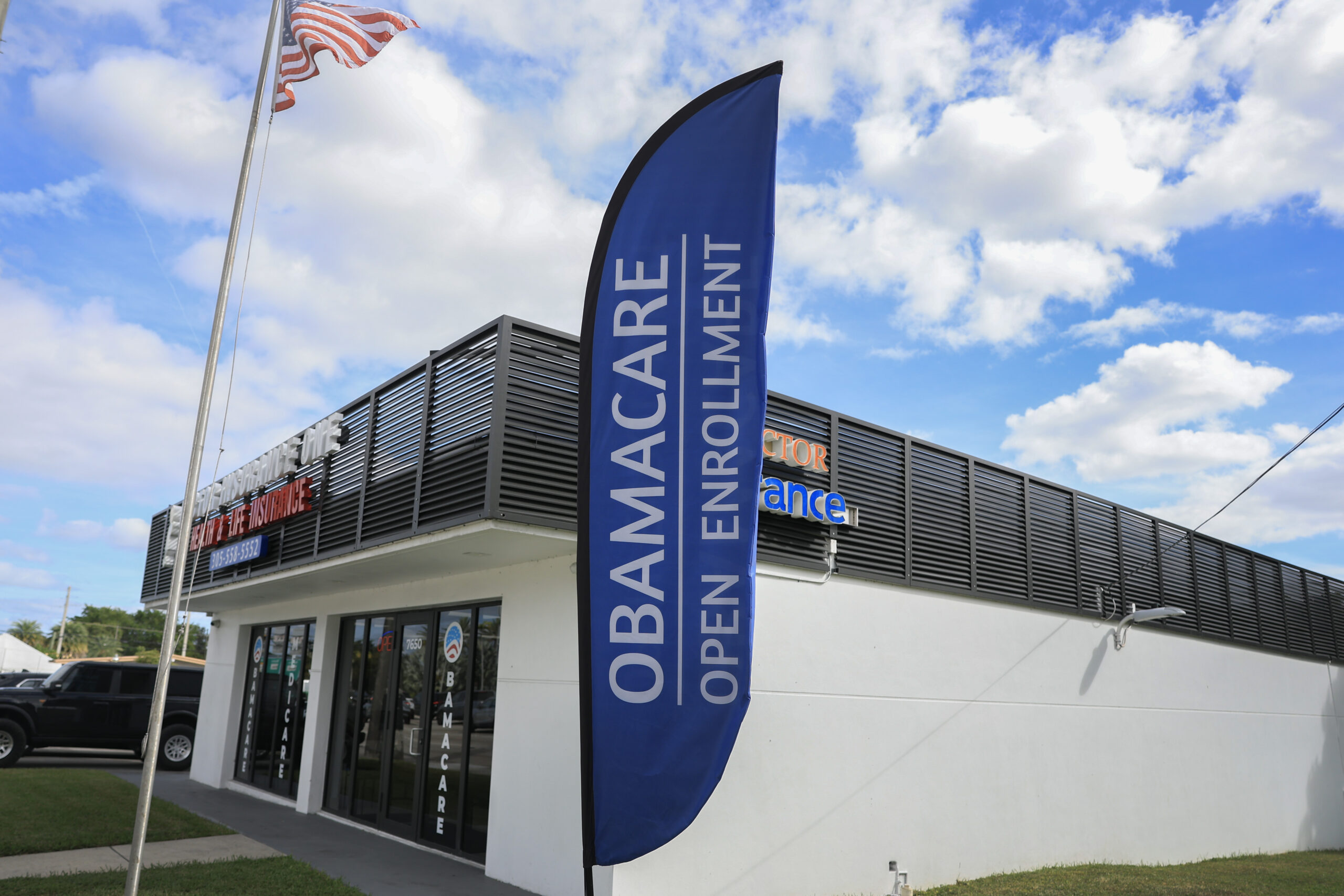
Many of the 24 million working and middle-class Americans insured through the Affordable Care Act may forgo insurance if their bills multiply.

1 in 8 people rely on federal food aid that has become a pawn in the government shutdown.
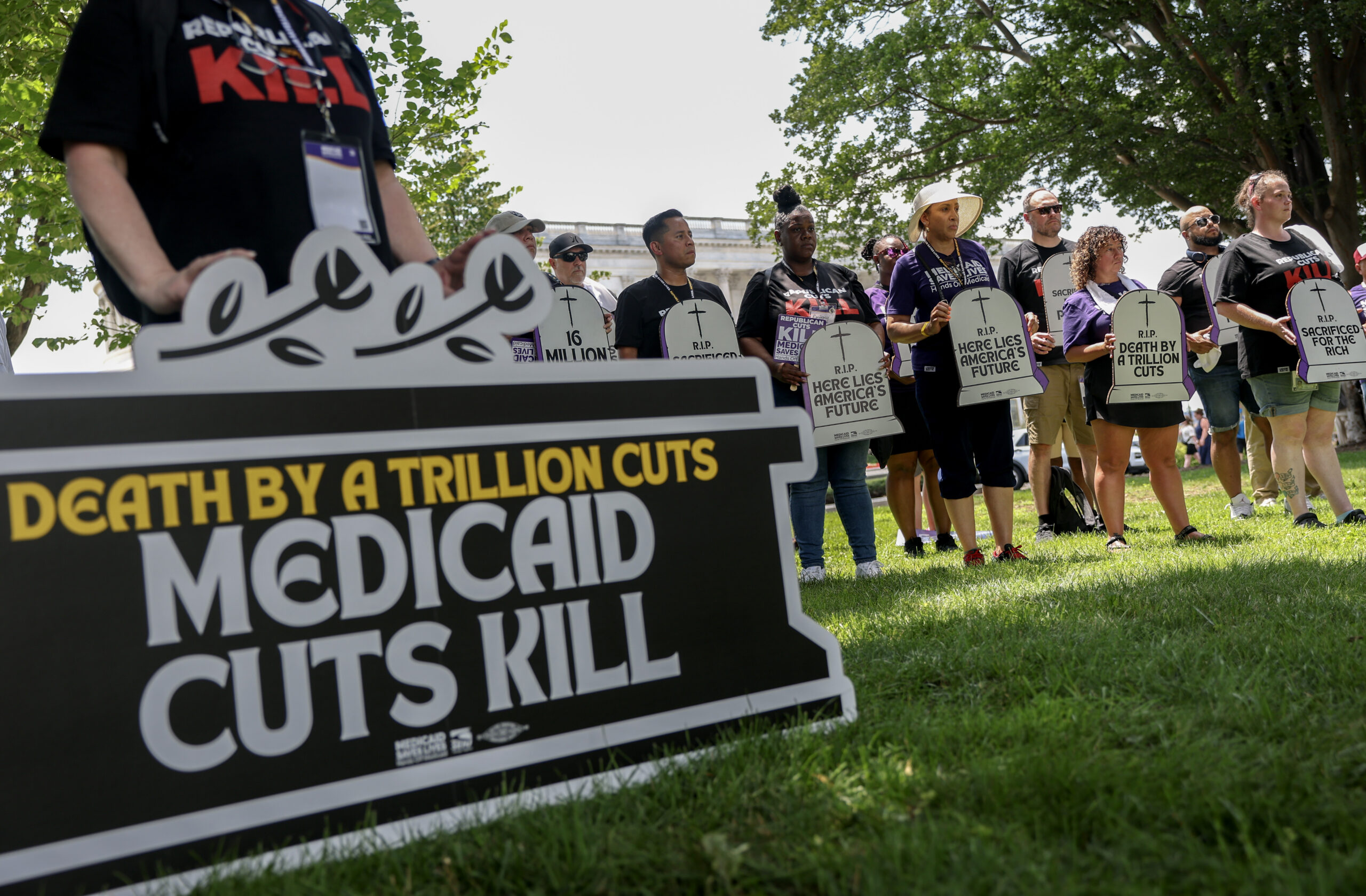
A proposed ballot initiative would tax California’s billionaires’ wealth to stabilize Medicaid amid sharp federal cuts.
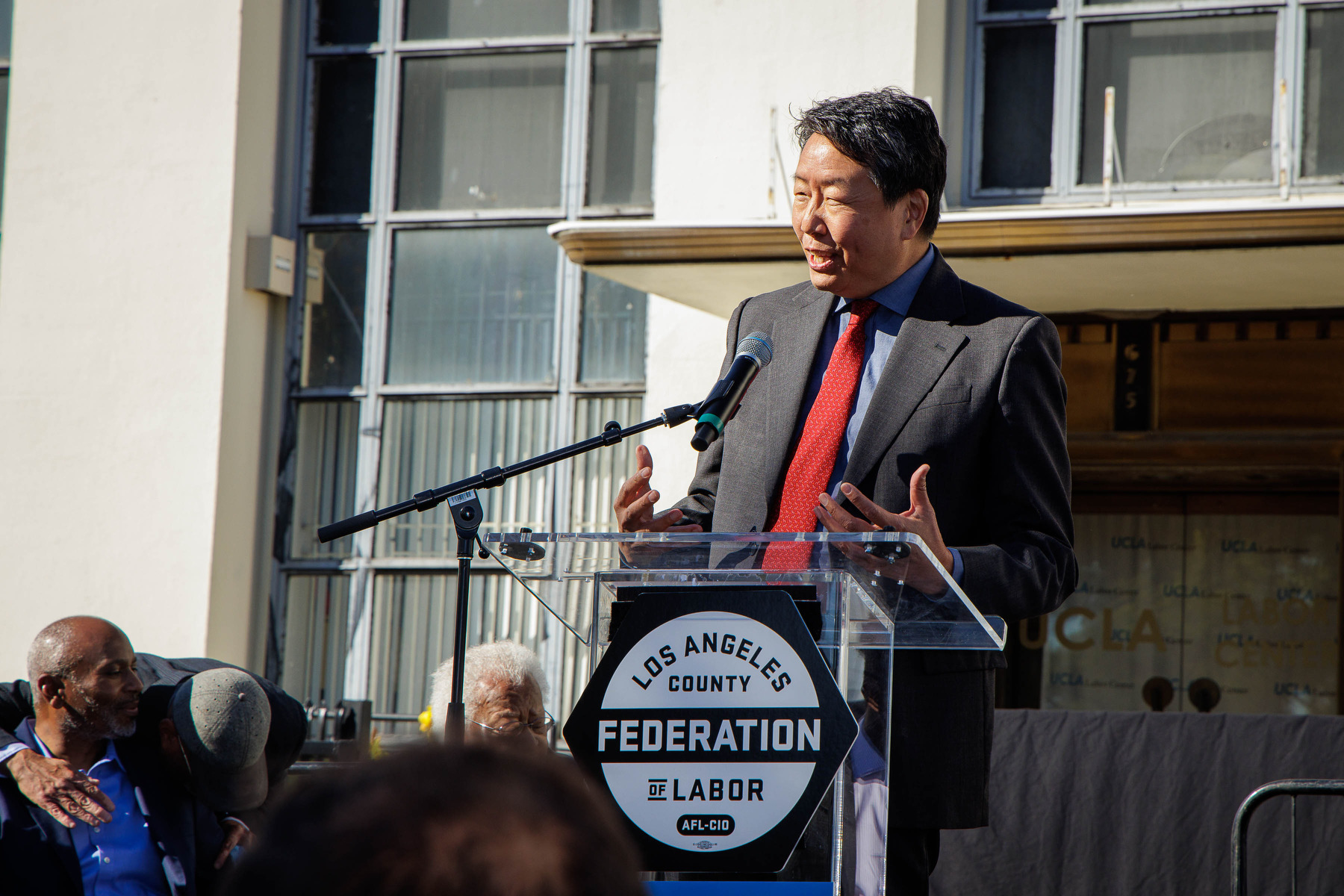
Former colleagues hope that the organizer and activist’s outsized legacy can endure.
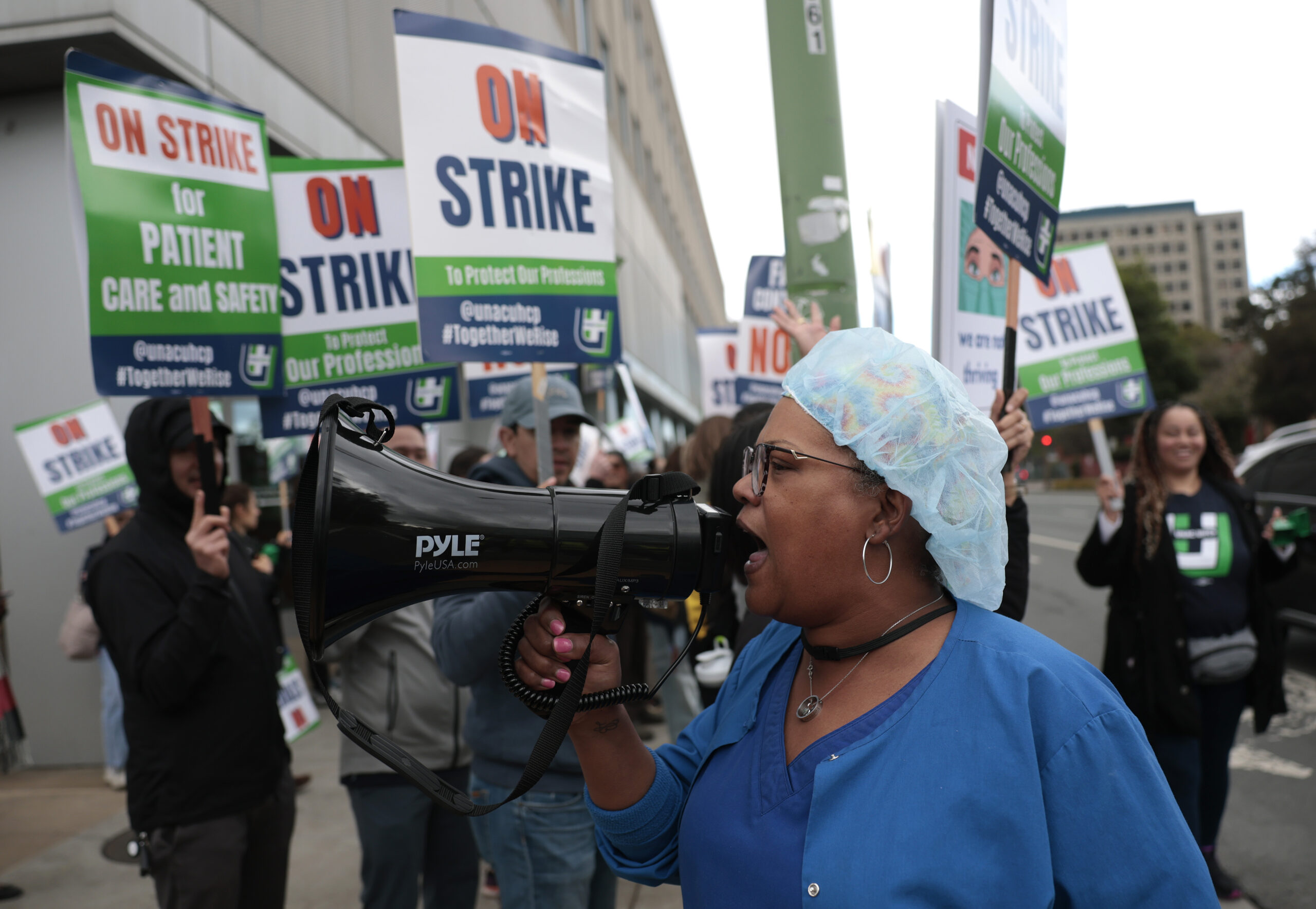
Kaiser employees are calling for a lucrative medical giant that handles care for more than 12 million Americans to let them better prioritize patients.
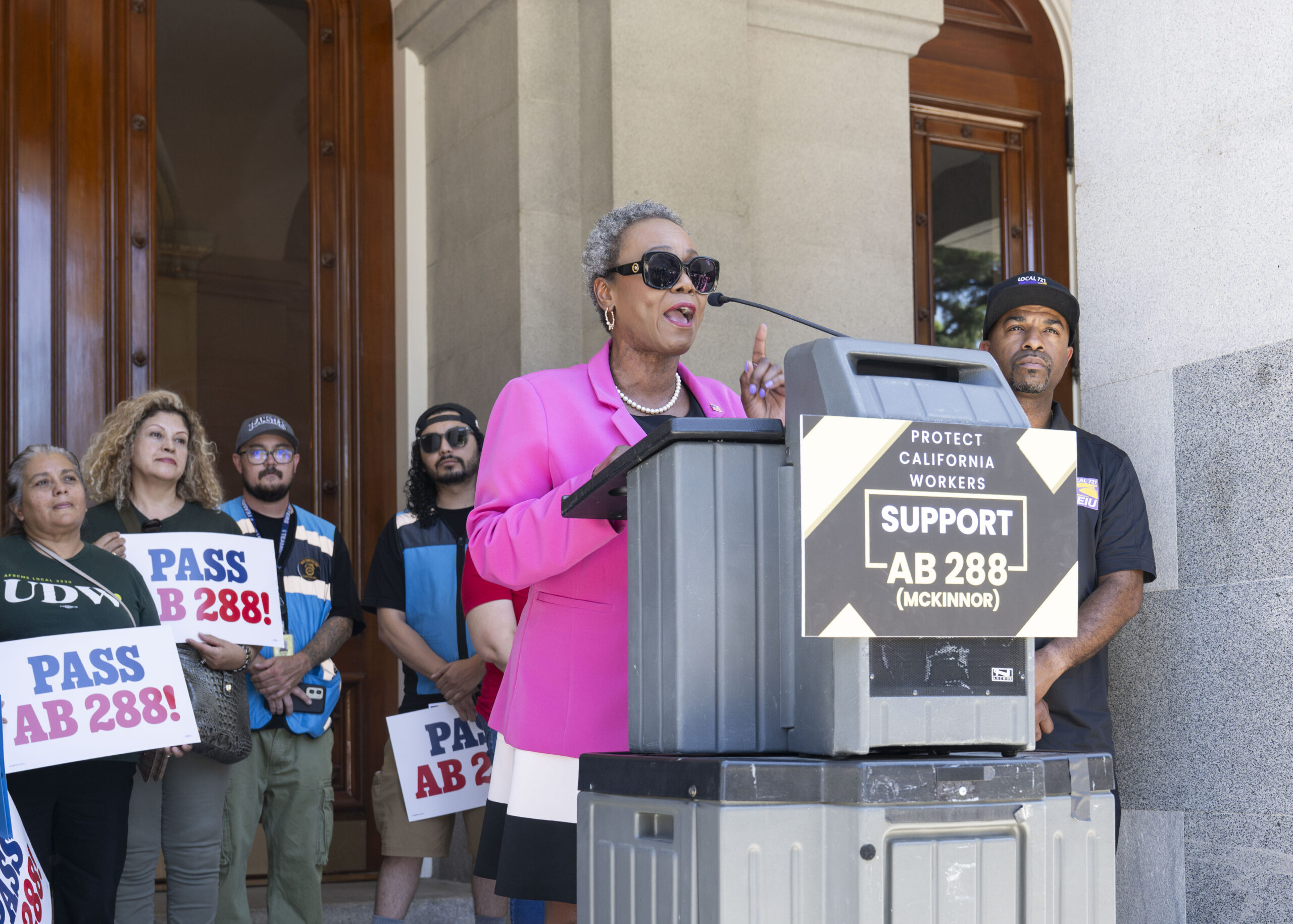
The National Labor Relations Board is unable to meet due to inaction in Washington. The Golden State is pushing an alternative for its workers.

The Golden State has surged past the South and other regions in reversing racial and ethnic integration among children.
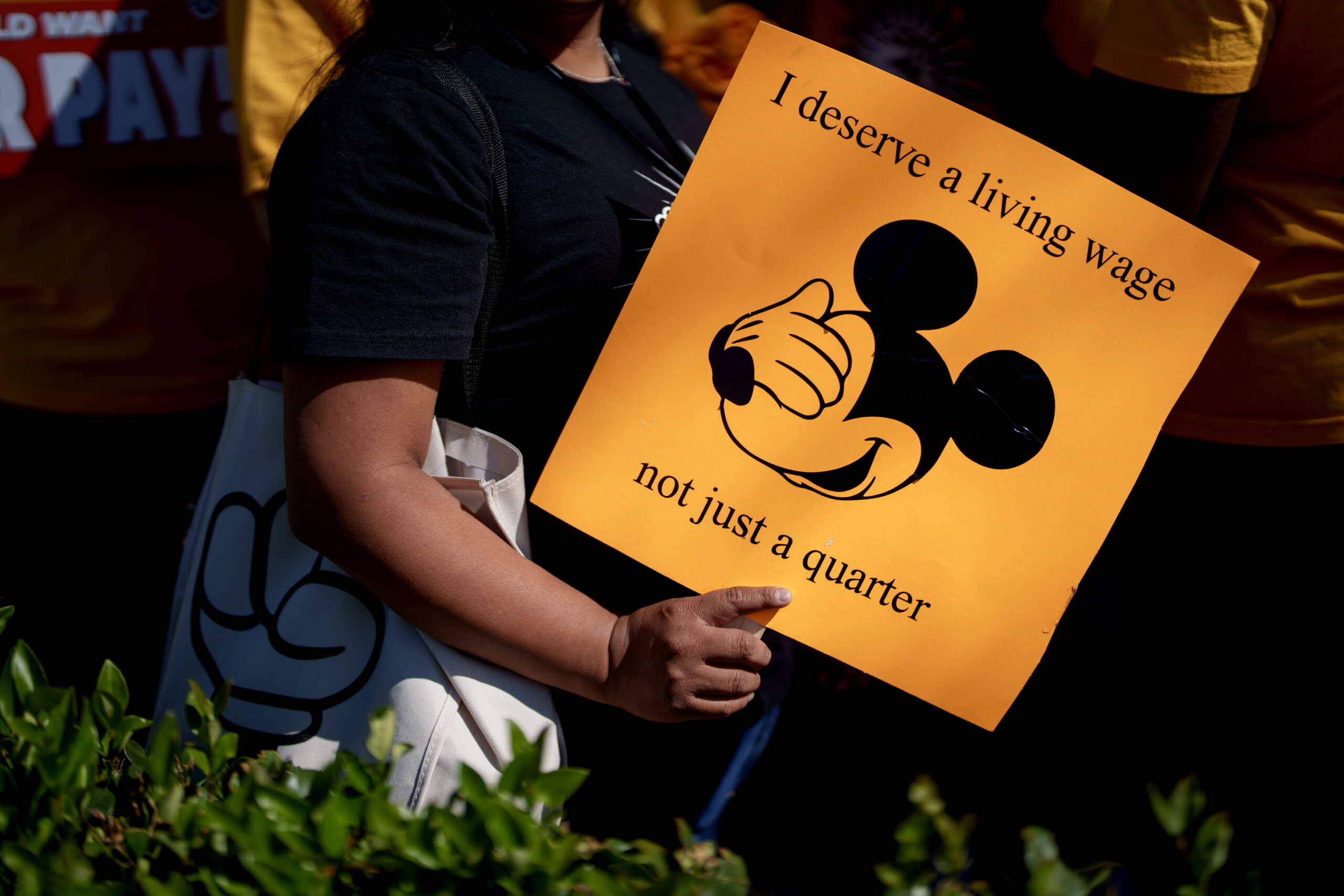
A six-year legal battle ends with a massive payout — and a reminder of what unions can achieve.

The bill before the governor could help address nutrition gaps in neighborhoods with limited access to fresh food — and be a model for the nation.
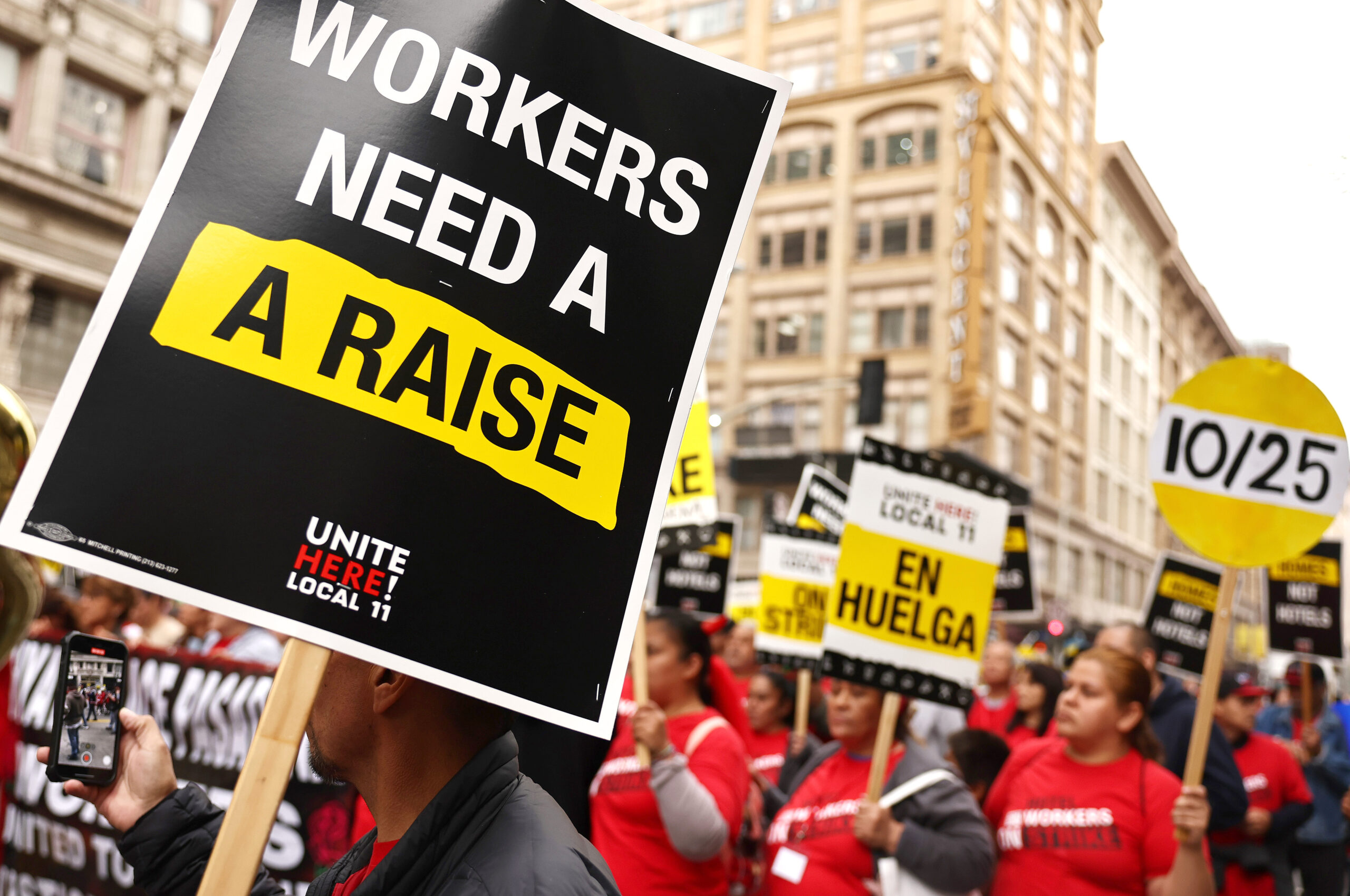
Minimum wage increases will kick in for hotel and airport workers leading up to the 2028 Olympics after a referendum effort fell short. An industry coalition has cried foul.

The expansion of tax credits in his signature legislation could help California meet its desperate need for affordable housing.
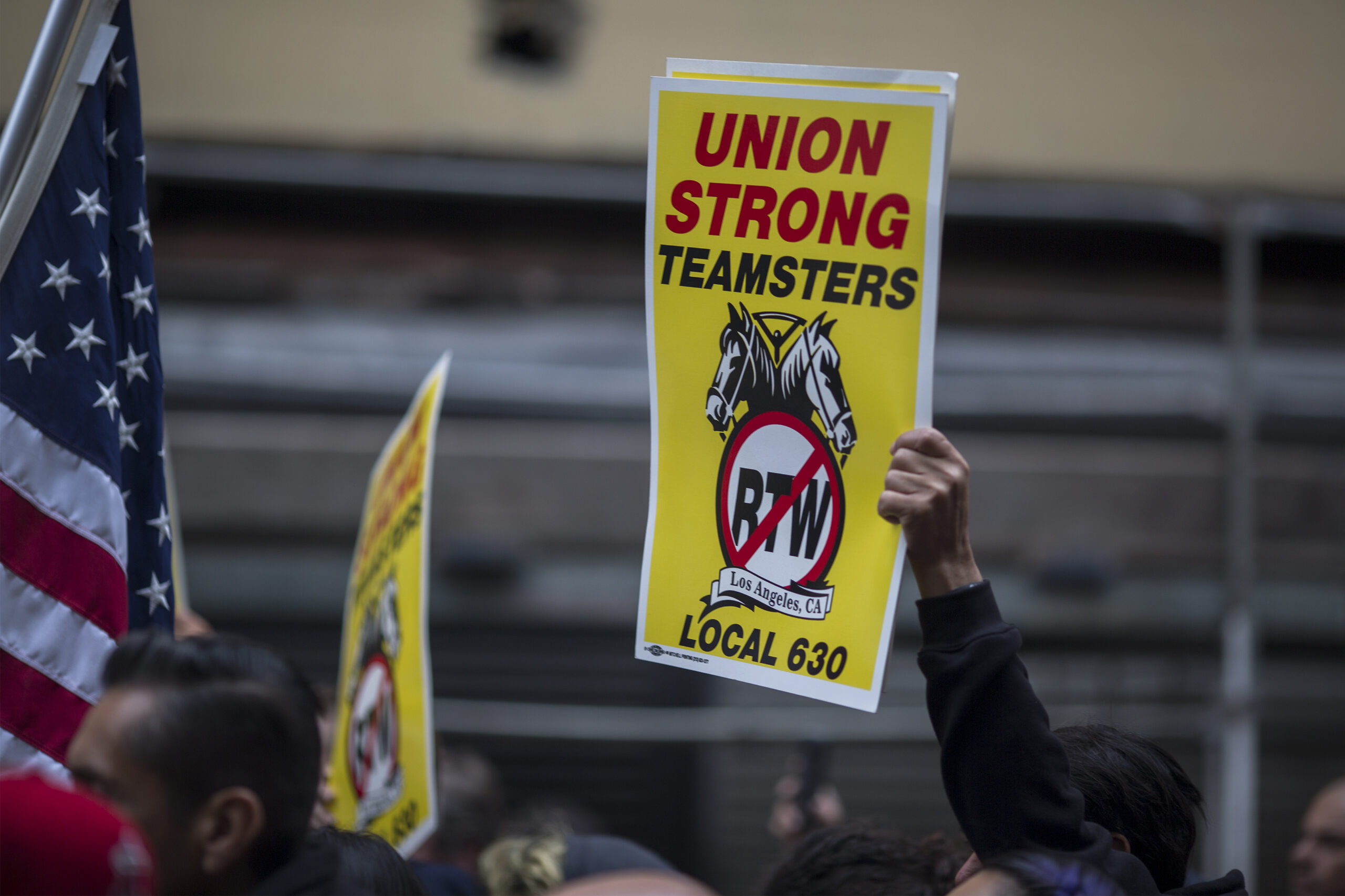
Organizing here is holding strong, showing what’s possible even as Trump 2.0 makes the fight harder.
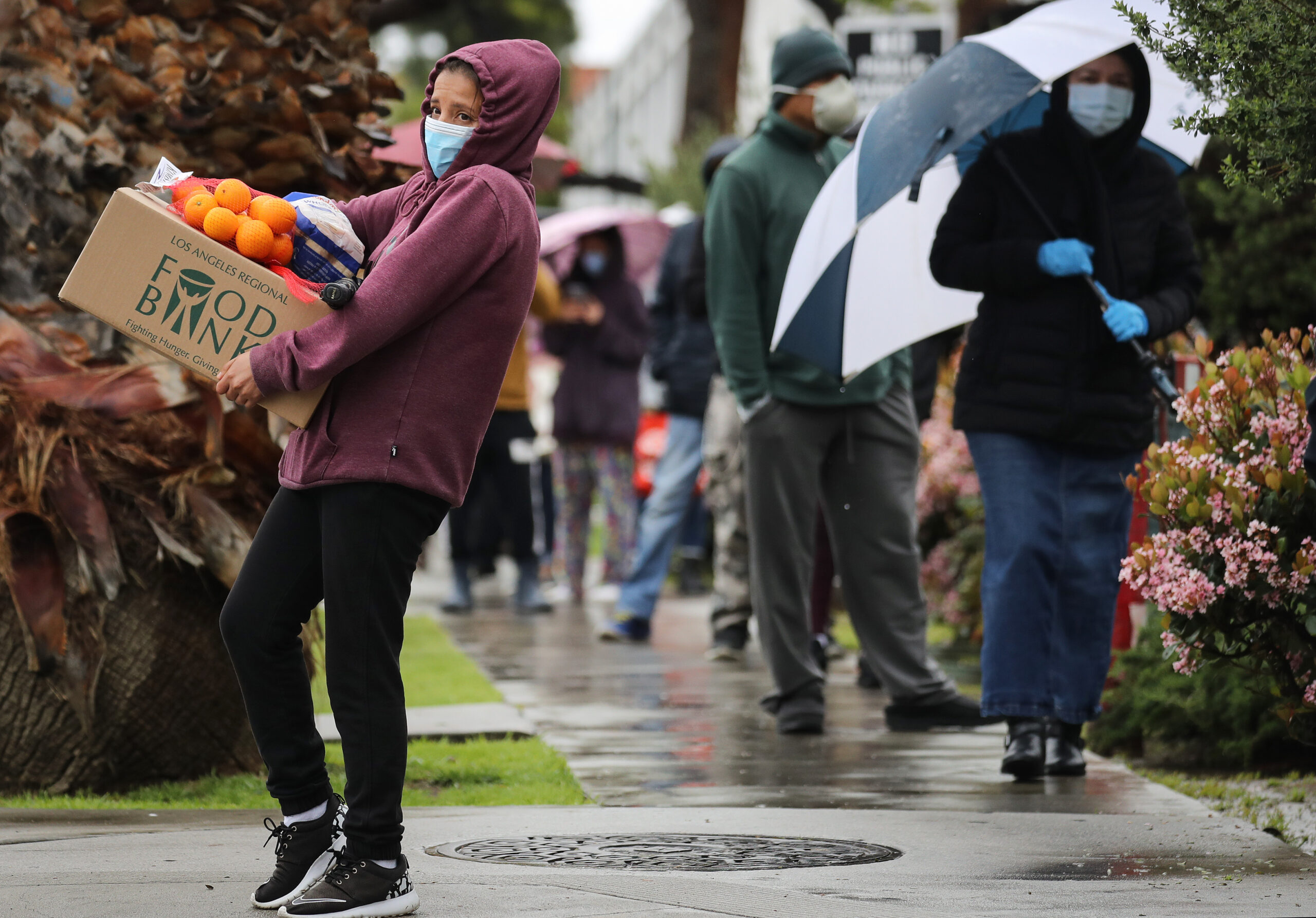
As Congress rolls back food aid, California families are facing increasing hardship.

Vaccination gaps in 16 counties leave some communities exposed as children return to school.

Jarrod McNaughton, who leads Inland Empire Health Plan, says the math points to a crisis California’s safety net can’t sustain.
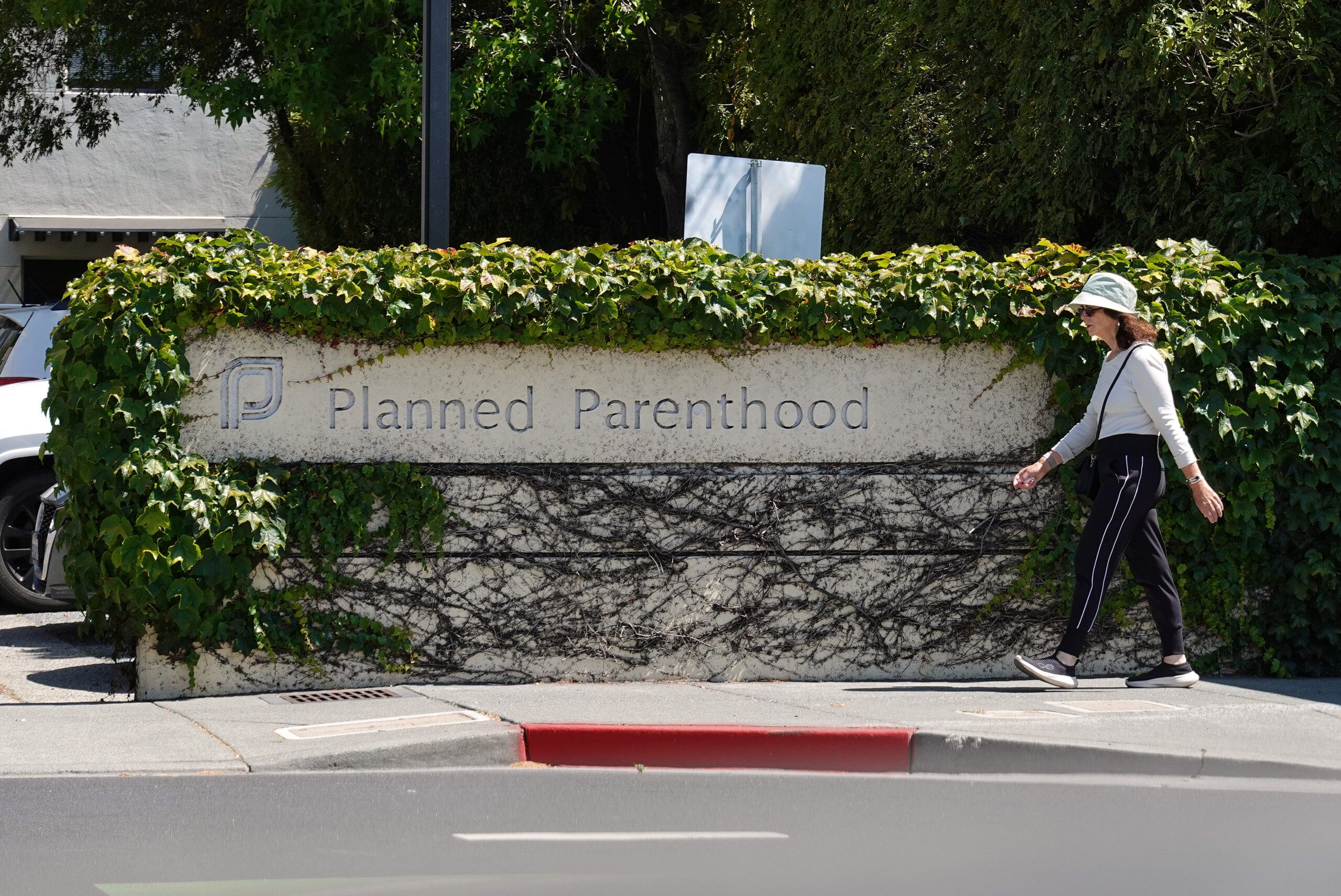
Attorney General Rob Bonta has joined a national lawsuit to halt Republicans’ war on Californians.

Why a state senator may finally win his battle against powerful pharmacy benefit managers.

How the administration seeks to use the venerable children’s care program as an anti-immigrant weapon.
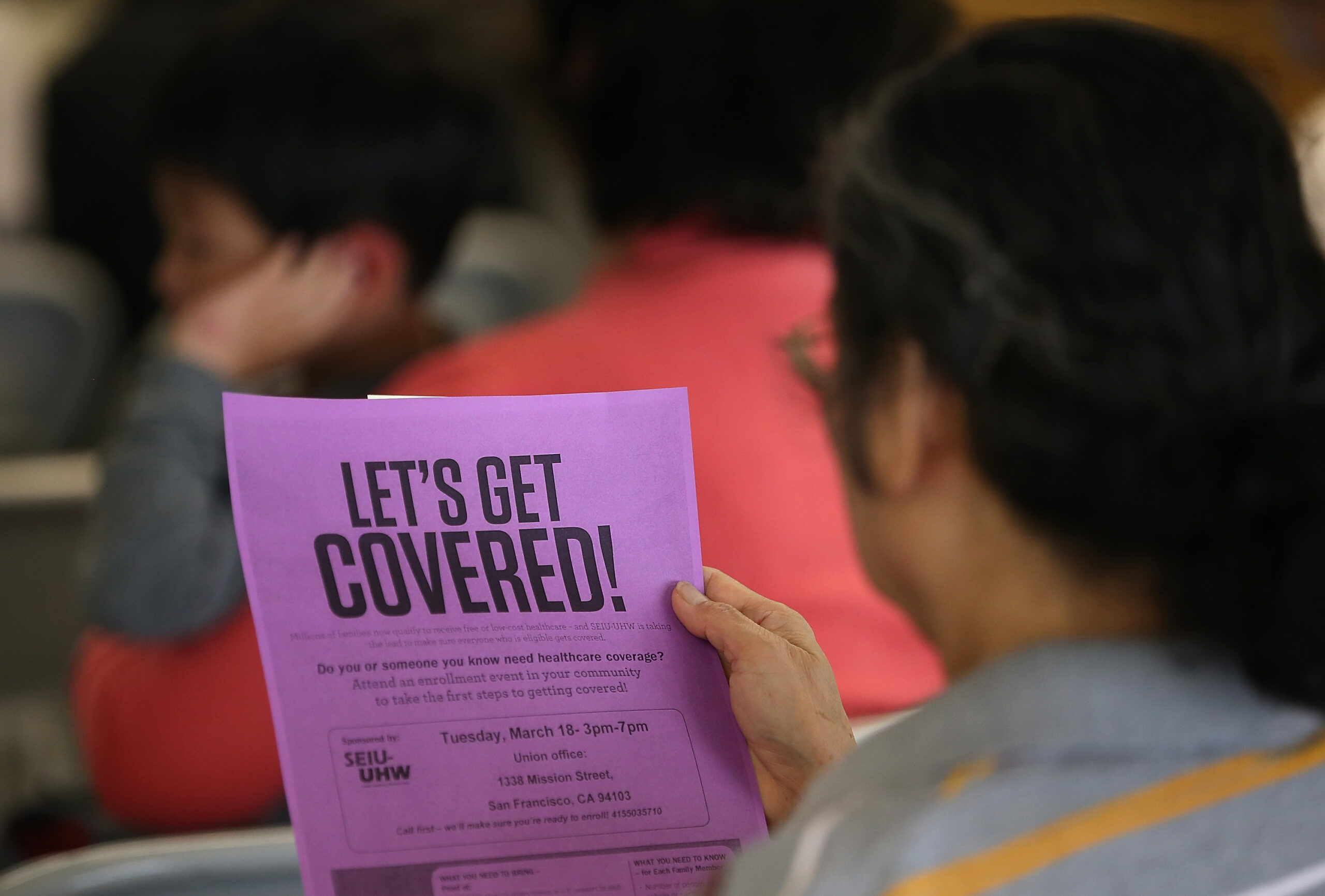
Catastrophic federal cuts loom on the Golden State’s health care horizon.

Hospitality unions claim a ballot-measure proposal blocking Olympics wage hikes rests on fraudulently obtained signatures.
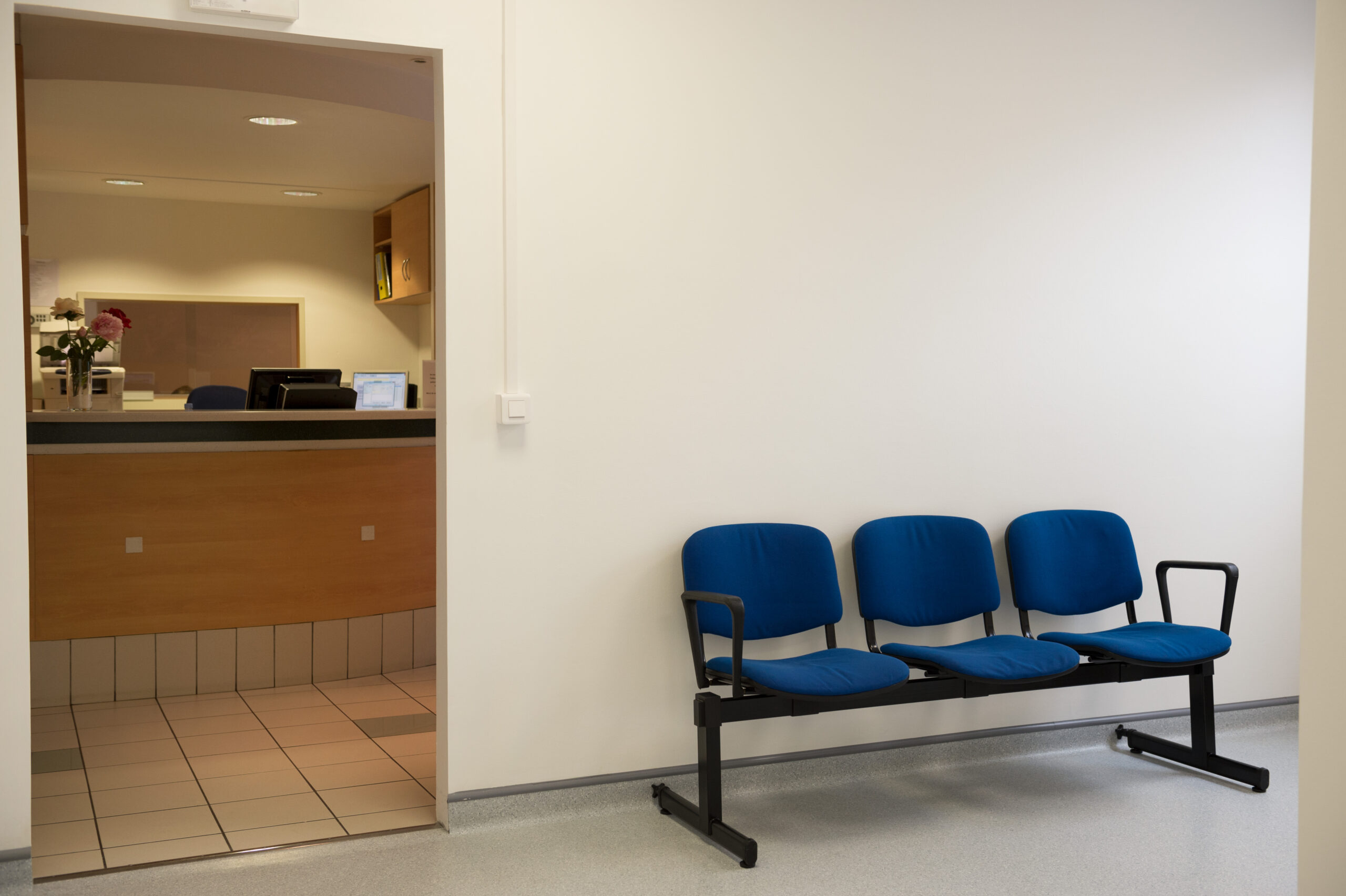
With immigration raids on the rise, many in need of health care are choosing to remain at home.

While Trump considers expelling undocumented farm workers, California’s economy hangs in the balance.

Will Sacramento’s budget shortfall turn off the lights of community health care centers?
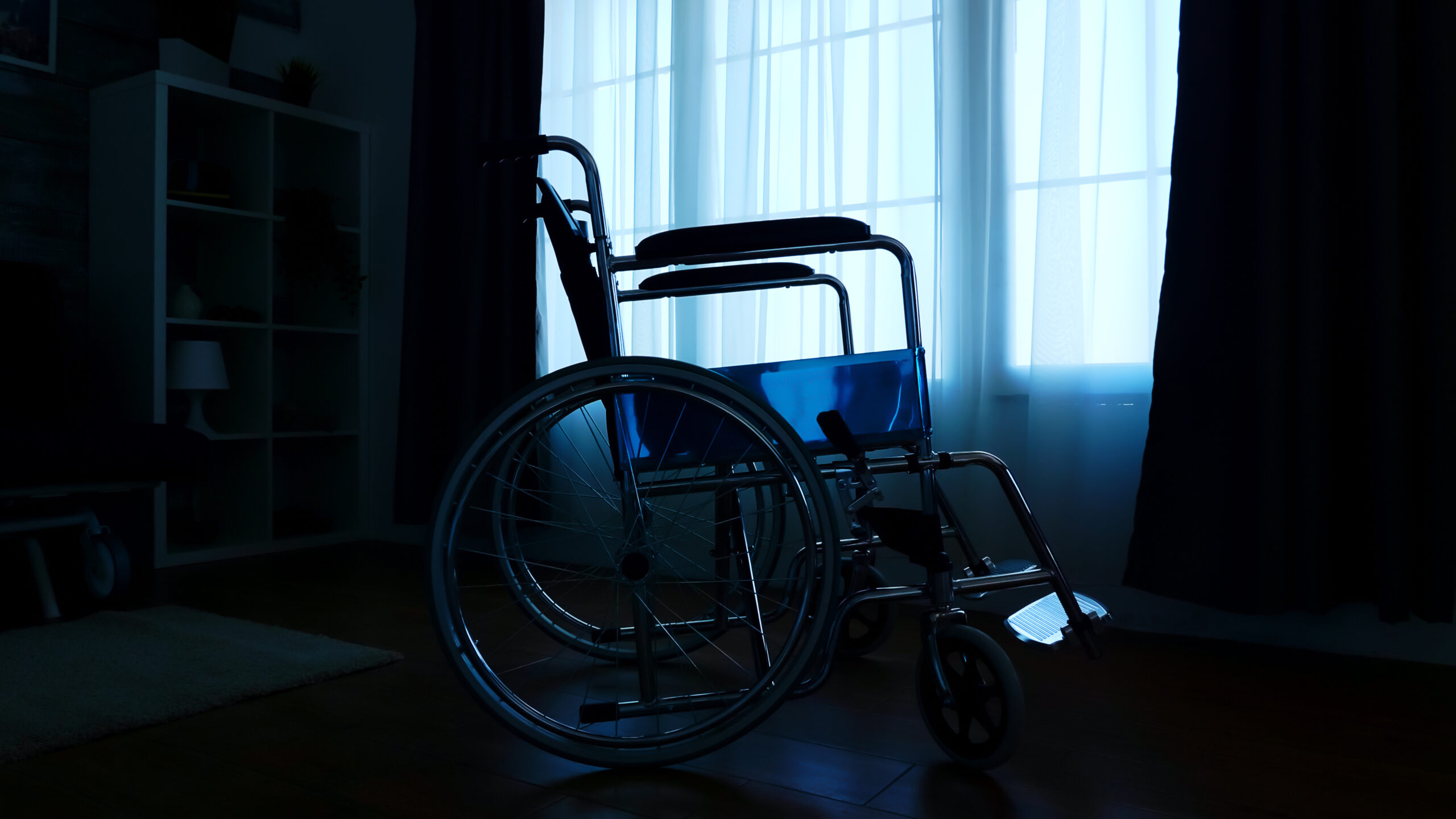
Will California gut a medical aid program created in an age of compassionate care?

Proposition 35 was meant to attract doctors to care for low-income Californians. Instead, it’s looking like a cash cow for Sacramento.
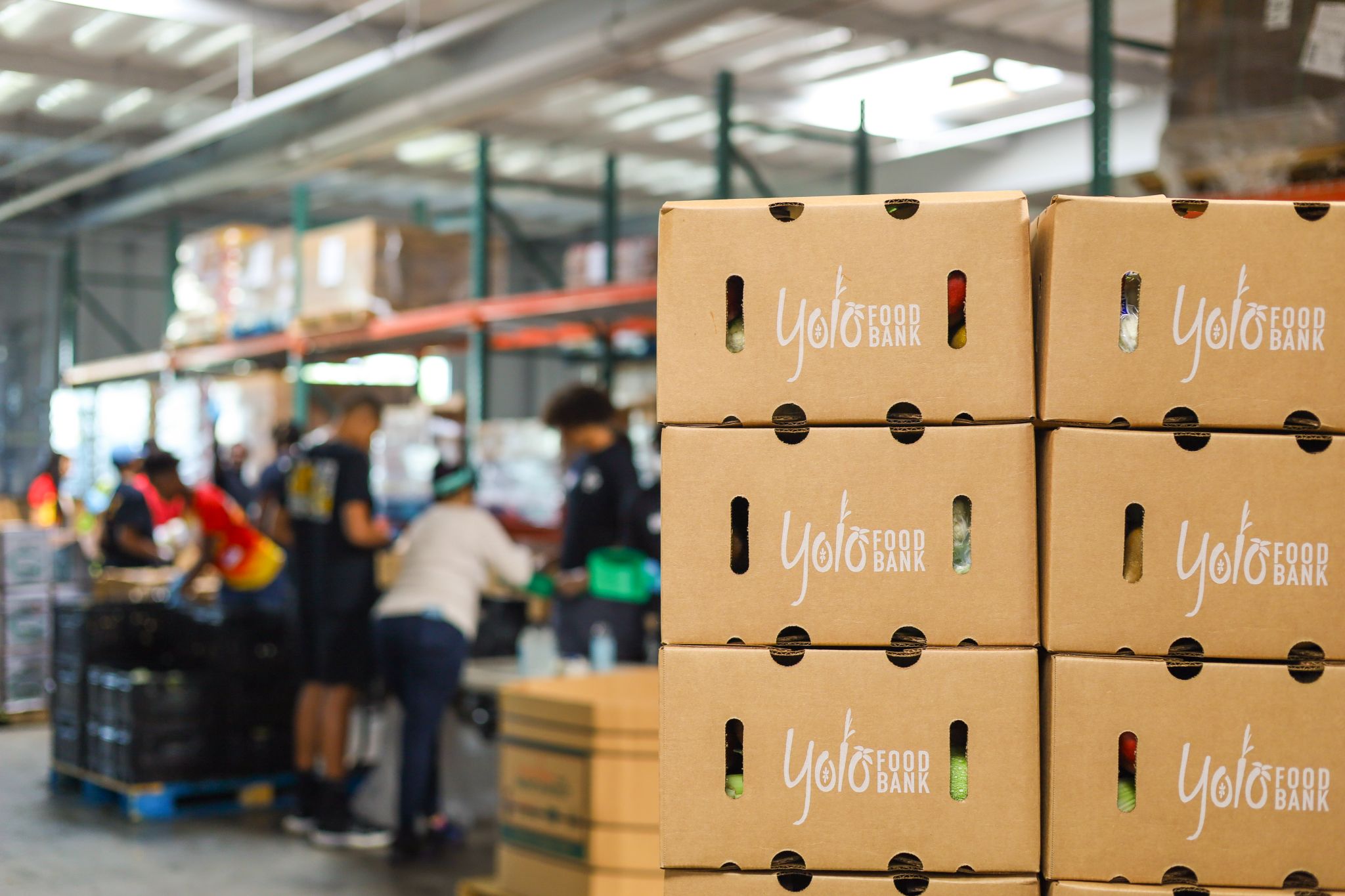
A new landscape of scarcity is threatening even the state’s food basket regions.

Gov. Newsom walks back signature program that provided medical safety net to 1.6 million undocumented immigrants.

Are California’s in-home caregivers on Republicans’ chopping block?

How Trump’s treatment of foreign students risks budgetary crises for schools and a national brain drain.
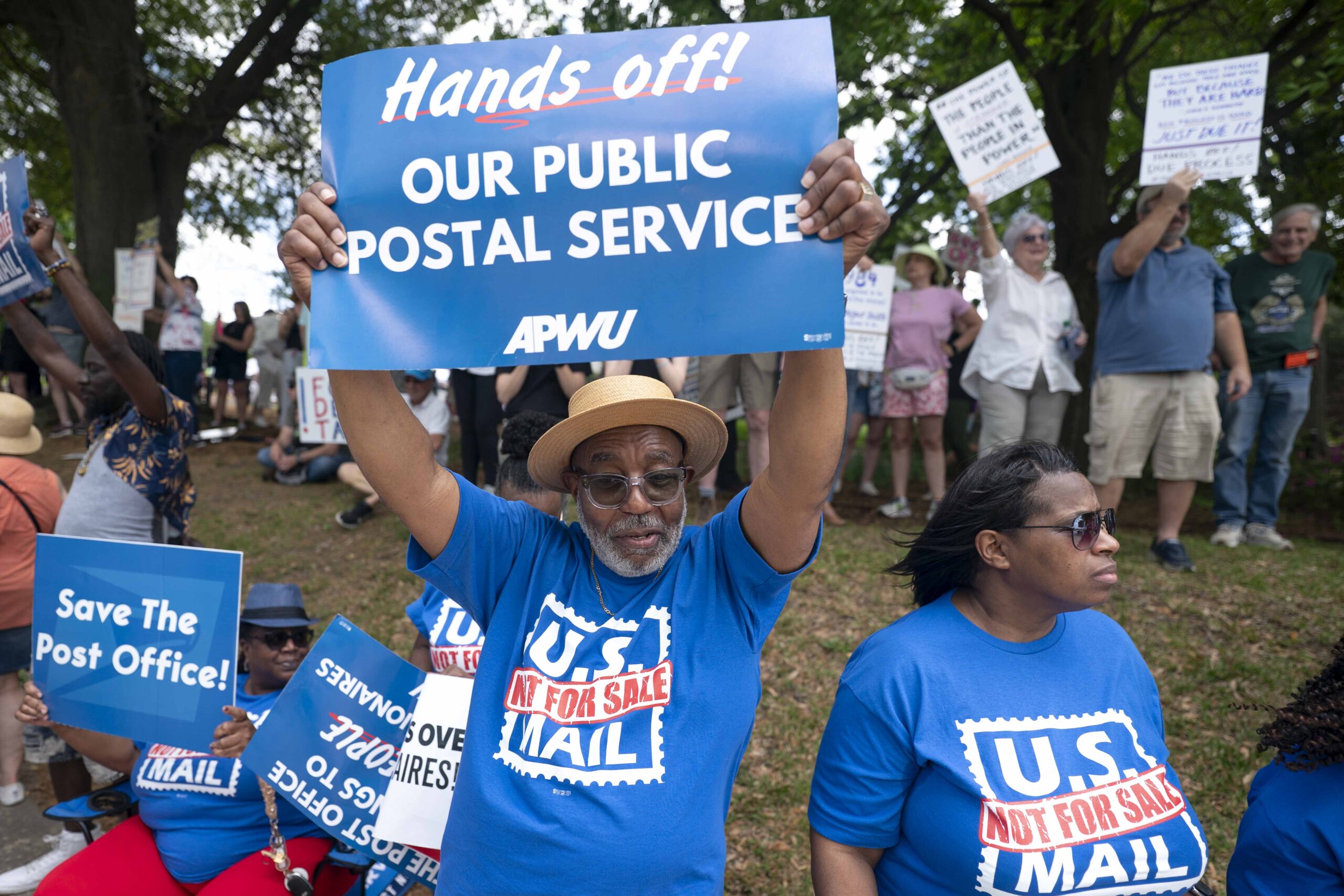
The president has gone nuclear against federal union jobs — historically African Americans’ ladder to economic equality.
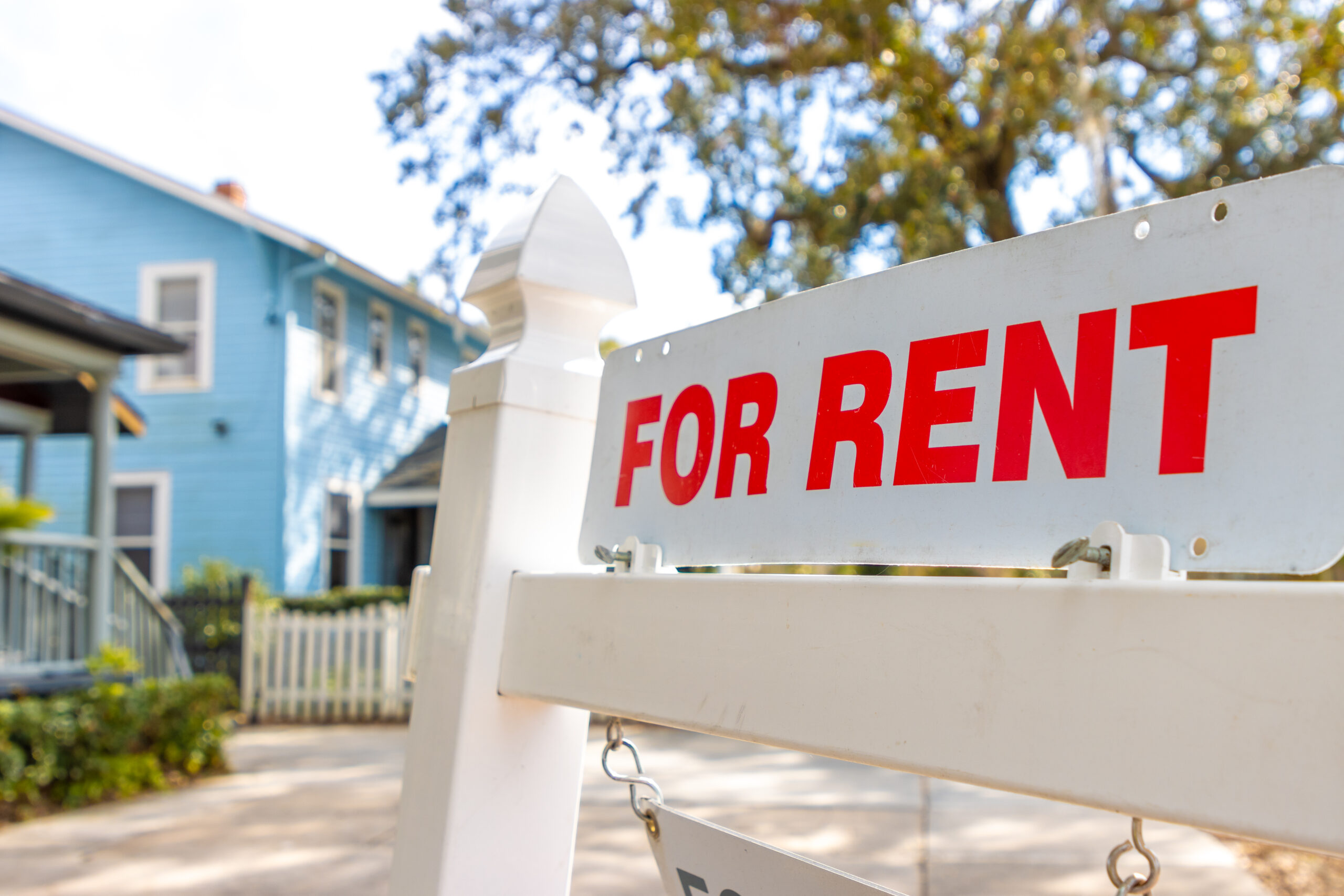
Assemblymember Ash Kalra’s bill would improve the Tenant Protection Act. Landlords and developers have declared war.

With the Department of Education in turmoil, who will distribute Pell grants and other assistance?

When the 911 call comes from inside the nursing home, health care workers are sometimes the victims.

Trump’s penny pinching and immigrant hunting reach rural classrooms.

Will Black women have to wait another century for wage equality?

California could face a cascade of troubles if federal funding for health care is slashed.

Will a controversial Trump order pull the welcome mat from under immigrants’ feet?

Researchers refute fast food industry’s apocalyptic predictions about raising the minimum wage.

The state, home to nearly 2 million undocumented immigrants, could be hit hard by the president’s deportation policies.

Will Insurance Commissioner Ricardo Lara bow to the industry giant or protect disaster-stricken Angelenos?

Many of the state’s largest school districts have contracts that expire June 30. The California Teachers Association is coordinating strategies across 32 districts.

The union and health care provider are split over pension and prep time issues.

Head of the California Immigrant Policy Center said the state’s leaders and people are ready to stand against deportations and nativism.

Preventing price gouging on rents and predatory evictions are looming challenges for public officials.

Chamber of Commerce, Restaurant Association claim the law, which labor unions say is meant to prevent coercion, violates free speech.

Federal funds cover more than 60% of California’s low-income health insurance plan. Losing even part of that money could result in cutbacks on care for kids or state tax hikes.

A new law is meant to help local governments speed up the building and placement of small, portable houses.

A letter signed by a majority of both houses calls on the health care giant to accept proposals from 2,400 striking mental health care workers.

Seventy percent of the state’s residents think kids in the state will be financially worse off than their parents.

Concentration in low-paying industries and lack of education and career training mean Latinas earn 44% of what white men are paid.

A union complaint filed with California regulators says a leaked internal memo shows Kaiser intended to break its own rules and state law, leaving patients without care during the ongoing strike.

A measure seemingly targeting the AIDS Healthcare Foundation, which has put forth three rent control ballot measures, is on its way to narrowly passing.

The UC system says it is offering healthy raises for nearly 40,000 staffers, but workers say the system is playing a shell game by also raising their health care premiums.

Mythology aside, nearly 2 million undocumented immigrants are the backbone of some industries, and pay billions in taxes for services they will never receive.

The health care provider canceled patient appointments during a 2022 strike. State regulators say they are making sure the company does not break the law during the current strike in Southern California.

Ahead of a ballot measure to add $2 to the hourly minimum wage, studies show fast food jobs increased after the state bumped hourly pay to $20 in that sector.

Prop. 36 creates stiffer penalties for some theft and drug crimes and has overwhelming support, but big retailers do not cite theft as a leading threat, and property crime is the lowest in 50 years.

Following the money reveals the gaming of the state’s initiative process.

Faculty, students, labor groups and the American Civil Liberties Union say the harder line on demonstrations may be discriminatory.

A national nonprofit uses financial and life coaching to teach low-income parents how to move up to living wages and beyond.

Researchers say new data shows need to pull back tax breaks for the wealthy to spend on aid.

Kaiser and regulators are two months away from their deadline for a required action plan to overhaul mental health treatment at the state’s largest health care provider.

Six in 10 in the region said they skipped or stalled medical care due to cost, and it is not much better statewide.

Amendments weaken a bill to give the state attorney general more power to stop takeovers that raise costs and cut care.

Low-wage industries are forecast to lead job growth, and the share of workers 55 and older has doubled.

Small, less-expensive readymade homes could buy time as the state continues to struggle with homelessness and high building costs.

A new study finds 1.6 million undocumented workers created 1.25 million jobs and produced 5% of the state’s GDP.

Multiple efforts to boost housing construction are meant to bring home ownership back within reach. Meanwhile, workers can’t keep up.

A Senate bill would immediately send urgent cases denied services to an independent review.

With the end of direct cash payments, poverty levels are moving up.

Some key state programs will be maintained, but those without legal status remain ineligible for other anti-poverty programs.

Rent-controlled Barrington Plaza tenants, many of whom moved to more expensive apartments, are weighing a lawsuit.

Executive total compensation surged nearly 13% in 2023, outpacing both inflation and worker pay increases.

The union says that following a string of wins by campus unions nationwide, the university may fear losing at the table in the current fight over use of police and sanctions to quell protests.

A California plan to extend food aid to undocumented immigrants is shelved in the state’s latest budget revision.

Leaders need to create ways for workers to get the skills needed for higher-paying jobs.

A bipartisan group including six former American Medical Association presidents say access to health coverage will fall while prices rise, and Americans need to pay attention.

While 40,000 Dreamers are likely to gain coverage, nearly half a million undocumented immigrants still cannot afford health insurance.

Most Californians say they want single-payer care, but in the Legislature the health care industry has been unstoppable.

Supporters say pushing yearly in Sacramento, even if unsuccessful, is vital to keep leaders from ducking the issue.

Despite transparency concerns, the state auditor’s report says two programs focusing on housing and preventing homelessness are cost-effective.

Contrary to common beliefs, many Californians in low-wage jobs are in the later stages of their work lives. They also play a crucial role in taking care of the state’s aging population.

Studies have repeatedly shown wage increases bring few job cuts and boost local economies.

New contracts will expire six months before the Games, giving workers an opening to pit public attention against employers.

The California Department of Public Health says the agency is enforcing state requirements, despite deep budget cuts.

A ballot measure to raise pay to $23 an hour could help workers in labor negotiations and boost the local economy.
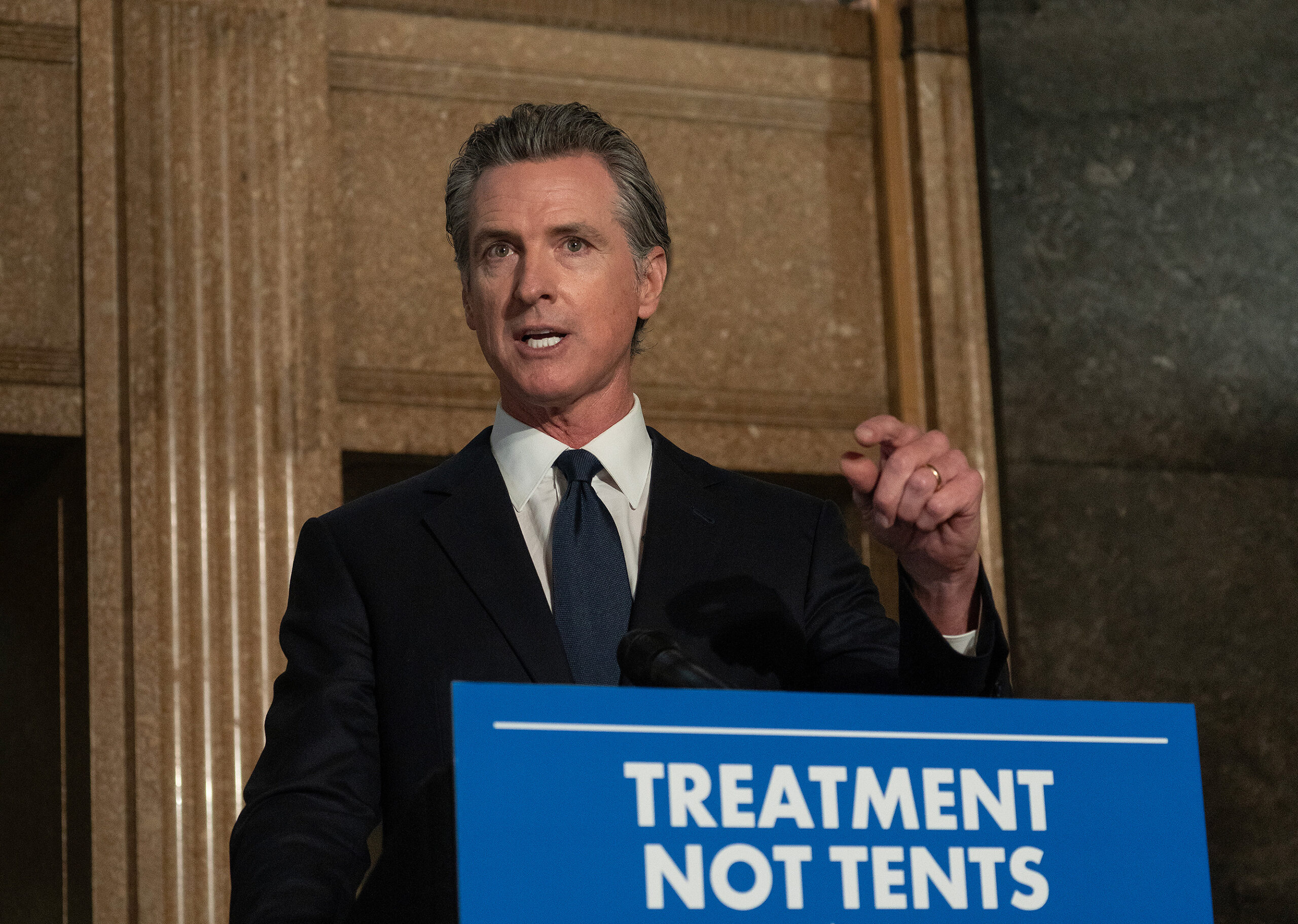
It is one of the state’s greatest health needs, companies fail to live up to their policies, and the state does not invest what is needed for enforcement.

Rejecting years of unequal treatment, 20,000 low-paid California State University student assistants and workers vote to organize.

Weak laws embolden combative employers, so even with big wins and all-time high support, union membership is not keeping up with workforce growth.

Thousands of low-income patients cannot survive without MLK Hospital. The South L.A. hospital cannot survive on what it is paid by public insurance.

For many, premiums and deductibles now take three times more out of one’s budget than 20 years ago, UC Berkeley study shows.